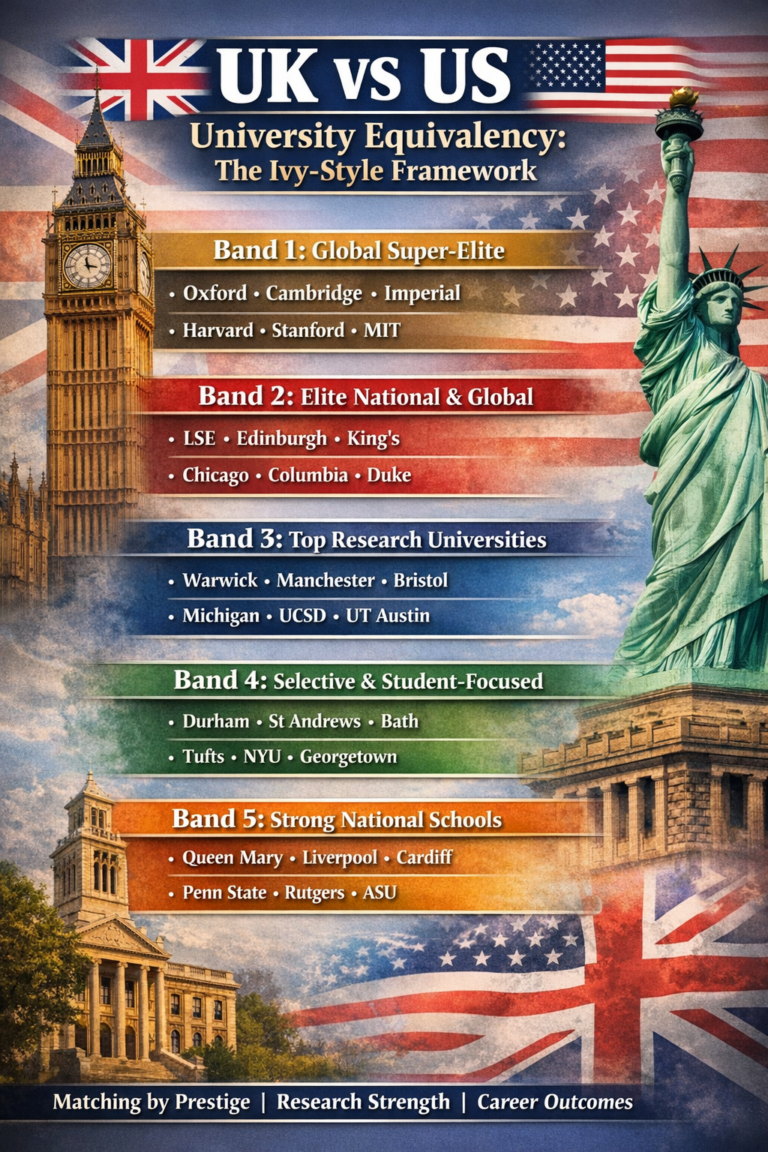
What the 2023 Application tells about the Future of Admissions
As the last few college offers trickle in, it’s time to take a step back and consider what we can glean from the wins and rejections our students have received in the 2022/23 application cycle and the messages being received from different quarters of the college application universe.
The future of standardised tests.
As COVID hit the world in the spring of 2020, so the standard orthodoxy around SAT or ACT testing went out the window as colleges declared themselves Test Optional, meaning that students could choose if they wanted to submit test scores and that their chances of acceptance wouldn’t be impacted if they didn’t. Now, three years later, we see that the vast majority of colleges have not returned to the point of requiring applicants to include a SAT or ACT score as a part of their application. We have also seen an increase in colleges going Test Blind, most noticeably the University of California colleges, meaning that even if students do send a test score, colleges won’t use it when making decisions on acceptance.
However, over the last year, a few colleges have started to require standardised test scores once again. The question is will this mark the start of a move back to testing being a standard application requirement?
The move away from testing reflects an ongoing argument as to how effective the SAT and ACT are at predicting future college success. Opponents of testing argue that factors such as school GPA, extracurricular activities and teacher recommendations are better predictors, while testing reduces diversity in the college population as students from disadvantaged groups do less well in tests. The opposing argument is that the absence of test scores makes the whole process more subjective and less fair.
At Ivy Central, we encourage students to take a diagnostic test to help judge if the time and effort required to score well is a good use of time. If a student scores above the average score for a particular college we would recommend that they submit the score, a high score can also help to mitigate a lower GPA.
Go Early
Ever since COVID, colleges have been reporting a sharp increase in the number of applicants taking up early action and early decision options. Approximately 50 percent of applicants apply early with colleges typically filling 50 to 60 percent of their incoming class in the early round.
Alongside the increase in people applying early, we have also noticed a significant increase in the number of students being deferred, particularly those applying early action. Nearly all of the Ivy Central cohort take up the option of applying ED to a college in the early round and a significant number will apply ED to a second college in the second round at the end of the year. Applying ED, which is a binding decision to attend that college if offered a place, will normally boost your chances of acceptance, as colleges see it as a student demonstrating a keen interest in the college.
An end to affirmative action?
Affirmative action has been a hot topic for some time. It’s the practice whereby some colleges consider factors such as race when making admissions decisions so that they can increase the diversity of their student population. There is a move through the US Supreme Court that could ban colleges from using affirmative action and considering special factors when making admissions decisions. One group that is expected to be particularly hard hit is those students who have family members who attended the same college or university. Many colleges give a legacy preference to such applications, meaning that such applicants have a higher rate of acceptance than non-legacy ones.
New ways of applying to college
Most people will be familiar with the process of filling in the Common App and maybe the Coalition App and sending it off to colleges they want to apply to, well, recently we have started to see a different approach. Niche and Concourse Global have introduced Direct Admissions programmes where students complete a profile that can be seen by participating colleges, who then reach out with an offer of admission. You are unlikely to find the high-ranking colleges signing up to such a scheme any time soon, but these programmes do offer a simple method of having a wide range of colleges look at them, and students with an open mind could find some great options available to them.
New ways to express yourself
Colleges seem to be looking at ways in which applicants can tell colleges about themselves in ways other than through writing essays. In recent years, colleges like Brown have started to ask applicants to create a video introduction as a way of letting the college know more about applicants. At the moment, these mostly supplement the traditional essays each college requires, but there is some suggestion that colleges may start to drop essay requirements for these alternative methods.
Letting AI take the strain
Much has been written about how AI will take over many of the mundane jobs that we keep putting off. Well, with the advent of ChatGPT and Baird maybe they can take some of the strain out of college list building? When using these easy-to-access bots, students can set several specific criteria, such as size, location, major, and ask the bot to provide a list of colleges that meet those criteria. As an initial tool, it can be a great way of sifting through colleges, but having narrowed down your search, I would always recommend students to do their own research on each college.
In conclusion, college admissions in the 2023-2024 cycle will continue to be impacted by the shifting priorities of colleges and universities as well as new technologies like Direct Admissions and ChatGPT. Prospective students should be aware of the growing trend toward test-optional admissions, the importance of selecting early action or early decision colleges, and the emerging opportunities for creative expression in the application process.
Working with study abroad consultants, overseas education consultants, or, as more commonly known, college counsellors, can help you plan ahead and make those high school years count. Ivy Central offers exceptional focus to help you prepare for college admissions throughout the high-schooling years. Start today!








